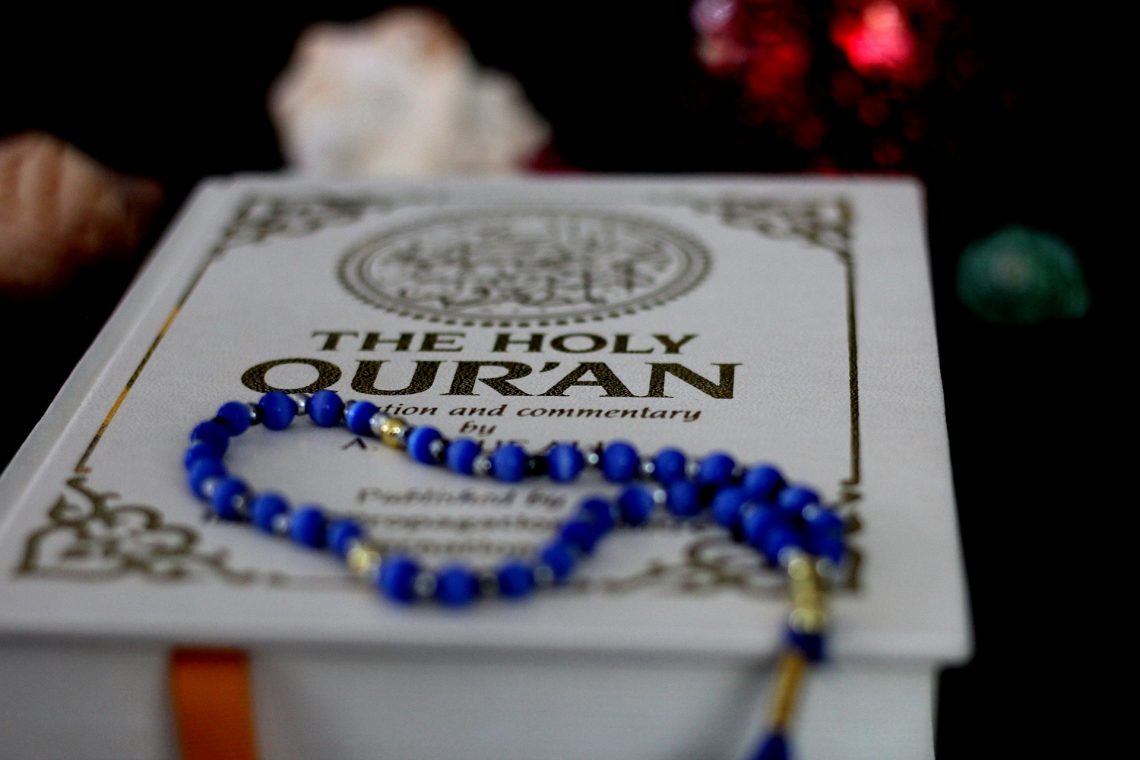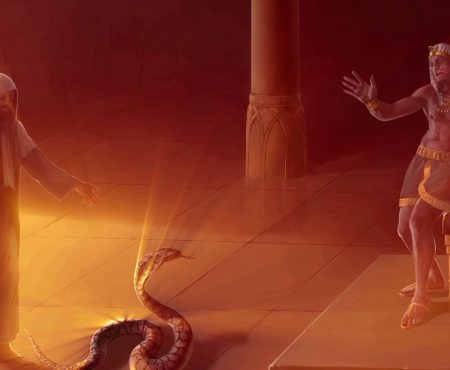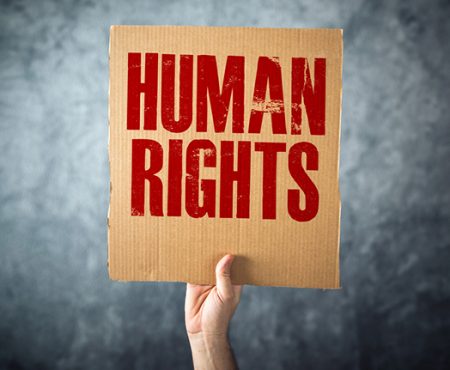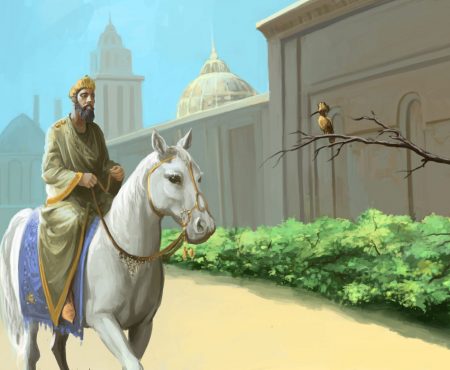What is the Quran (Koran)?
If Muhammad’s thought was superstitious and Quran was not revelation, he never dared to invite man to science. No thought and no person has invited human beings to science as Muhammad did. As we see that it has talked about science 950 times.
Henry Corbin, French philosopher
The Quran was revealed to Prophet Muhammad, an illiterate man who had never read or written a word before, during the 23-year course of his mission beginning in 609 CE. It is regarded as the finest piece of literature in Arabic language. Muslims learn the Quran as young children, and many read it throughout their lives on a daily basis seeking guidance and as an act of worship.
Muslims believe the Quran to be the greatest miracle of Prophet Muhammad, and that it’s been preserved for over 1400 years without any alteration. This view is confirmed by existing copies of the Quran dated back to the time of Prophet Muhammad or shortly after his demise, that correspond to the version read today by Muslims around the world, of which there is but one.
The Quran addresses itself to mankind in a general sense. It is the first and most authentic source for understanding Islam. It is composed in a way that some parts serve as a supplement to others and interpret them, and so it should be regarded as a whole.
Here’s is how the Quran introduces and describes itself!
- It confirms earlier revelations
Quran does not contradict the Bible, rather it is the latest and most advanced message on the same line, declaring that the Bible also shows the way to salvation. The Quran and Bible have similarities in more than one way, and contain references to many identical people and events.
“He has sent down to you the Book with the truth, confirming what was [revealed] before it, and He had sent down the Torah and the Evangel.”
“This Quran could not have been fabricated by anyone besides Allah; rather, it is a confirmation of what was [revealed] before it, and an elaboration of the Book, there is no doubt in it, from the Lord of all the worlds.”
- Cure and mercy
When we get sick, we take medicine until we are completely recovered. Quran too, is the medicine that God has prescribed for us to cure our soul’s ailments. It is also a mercy with which God has blessed His righteous servants.
“We send down in the Quran that which is a cure and mercy for the faithful; and it increases the wrongdoers only in loss.”
“O mankind! There has certainly come to you an advice from your Lord, and a cure for what is in the breasts, and a guidance and mercy for the faithful.”
- Light and guidance
Quran is a lantern that clears the right path from the wrong. It brings glad tidings to the righteous and warns wrongdoers, and those who take it as their guideline would never go astray.
“… Certainly, there has come to you a light from Allah, and a manifest Book. With it Allah guides those who follow [the course of] His pleasure to the ways of peace, and brings them out from darkness into light by His will, and guides them to a straight path.”
“Indeed this Quran guides to what is most upright, and gives the good news to the faithful who do righteous deeds that there is a great reward for them.”
- It recounts instructive stories…
The stories of previous prophets and peoples form a great part of the Quran. The stories of Moses and Jesus are recounted at length, though divided into many parts with each having been revealed on a suitable occasion. Sometimes a story is repeated several times, firstly because repetition makes perfect, and secondly since most Muslims didn’t have access to a written script of previously revealed verses, and so, a similar story would be revealed in a new chapter due to a similar occasion in Muslim community.
“We will recount to you the best of narratives in what We have revealed to you of this Quran, and indeed prior to it you were among those who are unaware [of it].”
- For those who apply reason
Quran asks us time after time to think carefully and reflect over His signs in the Quran, in the universe, and in ourselves, for do not take admonition but those who apply reason.
“[This is] a blessed Book that We have sent down to you, so that they may contemplate its signs, and that those who possess intellect may take admonition.”
“Do they not contemplate the Quran? Had it been from [someone] other than Allah, they would have surely found much discrepancy in it.”
- No one can bring the like of it
Quran is a miracle which means that it is beyond man’s power. In several places, the Quran challenges those who do not believe in its being sent by God to bring the like of it. God also says that He protects the Quran from any alteration, and not a word will be added or removed from it. Today there is but one version of the Quran throughout the world, read by all Islamic sects and denominations.
“Say, ‘Should all humans and jinn rally to bring the like of this Quran, they will not bring its like, even if they assisted one another.’”
“Indeed We have sent down the Reminder, and indeed We will preserve it.”
“falsehood cannot approach it, at present or in future, a [revelation gradually] sent down from One all-wise, all-laudable.“






Tous les commentaires (4)
or in the frequent appearance of the “Say” tags, when Muhammad is commanded to speak (e.g., “Say: ‘God’s guidance is the true guidance'”, “Say: ‘Would you then dispute with us concerning God?'”). According to Wild the Quran is highly self-referential. The feature is more evident in early Meccan suras.
Thank you for your comment, Timothy.
The physicist Abdus Salam, in his Nobel Prize banquet address, quoted a well known verse from the Quran (67:3–4) and then stated: “This in effect is the faith of all physicists: the deeper we seek, the more is our wonder excited, the more is the dazzlement of our gaze”. One of Salam’s core beliefs was that there is no contradiction between Islam and the discoveries that science allows humanity to make about nature and the universe. Salam also held the opinion that the Quran and the Islamic spirit of study and rational reflection was the source of extraordinary civilizational development.
The first thing to understand about the Quran is its form. The Arabic word, ‘Quran,’ literally means both ‘recitation’ and ‘reading’. Similarly, the Quran was both recited orally and written down in book form. The true power of the Quran remains in the oral recitation, as it is meant to be read aloud and melodiously, but still the verses were written down on available materials as an aid to memorizing and guarding it, and these were collected and ordered in book form both privately and, at a later stage, institutionally. The Quran was not meant to tell a chronological story, and thus, the Quran should not be viewed as a sequential narrative like the book of Genesis. The Arabic book that goes by the name Quran is about as long as the New Testament. In most editions it is about 600 pages in length. In contrast to the Hebrew Bible and the New Testament, the Quran was issued from the mouth of a single person, who recited what he heard from the angel Gabriel. On the other hand, both the Jewish and the Christian scriptures are collections of many books that were written down by a large number of human beings, and opinions differ as to their status as revelation.